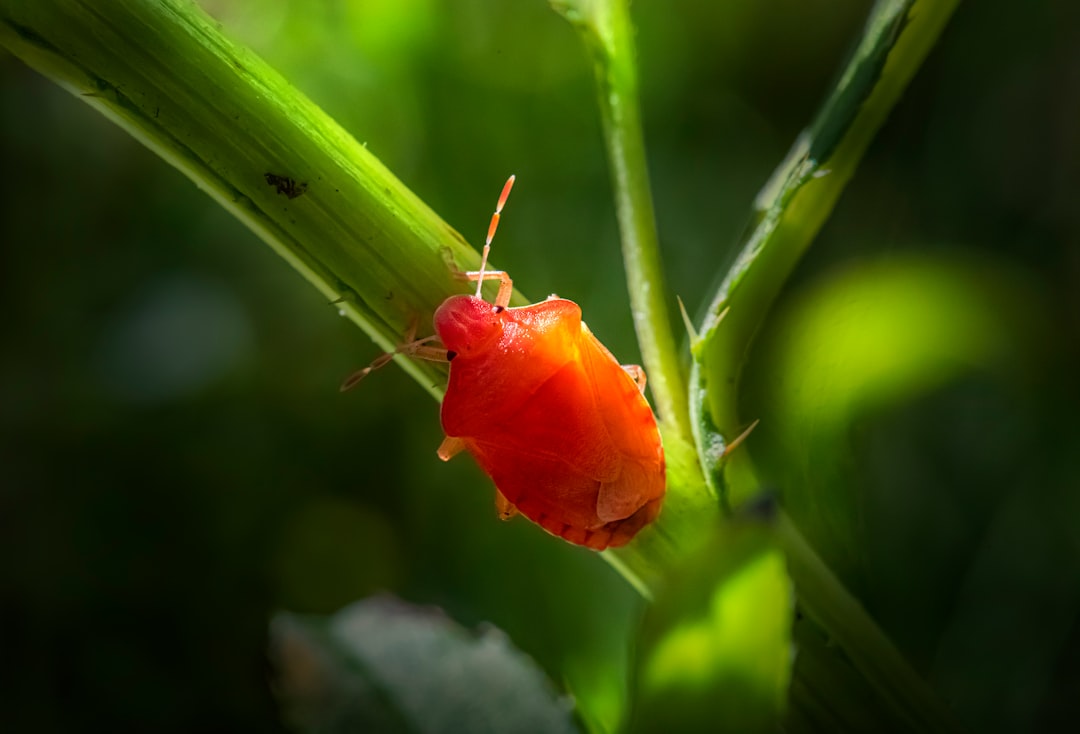What is it about?
Co-innovation for family-farms sustainability We present the strategy followed during a 3-years project in order to improve livestock family farms (LFF) sustainability in Uruguay. Three simultaneous processes occurred at farm, region, and research team level. The project demonstrates the effectiveness in improving LFF sustainability, opened a learning space with stakeholders, and utilized a co-innovation model to improve rural development outcomes.
Featured Image
Why is it important?
All the farms improved sustainability, evaluated through a combination of indicators. Learning by farmers and local skateholders was evidenced by the data obtained from the indicators that were measured and analyzed. The importance of economic and environmental indicators were reaffirmed and new social indicators were designed and used to better understand changes and learning processes in livestock family farming.
Perspectives
We see co-innovation as a tool to build a platform where continuous cycles of innovation at farm / farmers’ organization happen, pursuing increasing levels of sustainability
María Marta Albicette
Read the Original
This page is a summary of: Co-innovation in family-farming livestock systems in Rocha, Uruguay: A 3-year learning process, Outlook on Agriculture, June 2017, SAGE Publications,
DOI: 10.1177/0030727017707407.
You can read the full text:
Contributors
The following have contributed to this page










